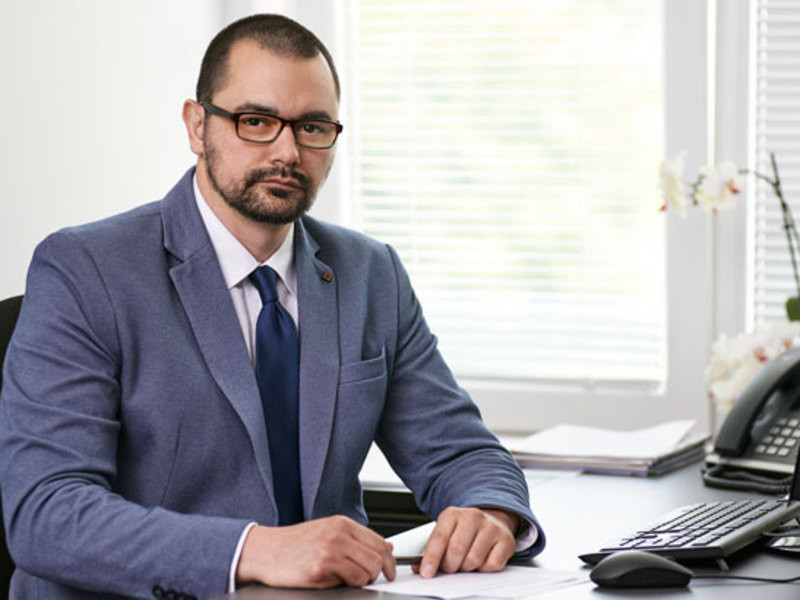A university without borders is a place where one can get access to higher education, no matter what part of Europe they are located in. An alliance of five European universities has undertaken this task. These are Université de Vincennes à Saint-Denis (France), University of Konstanz (Germany), Roskilde University (Denmark), University of the Aegean (Greece) and the New Bulgarian University (Bulgaria).
They have all joined forces to create different educational formats that attract big number of students. These include summer classes, intensive courses, modules, traveling seminars, master's and doctoral programs. Various opportunities are also available to the teaching staff, including language courses and training seminars. According to Dimitar Trendafilov, PhD - Vice-Rector for International Relations at NBU, the idea of this alliance is to move away from the classic type of campuses in order to attract representatives of businesses and the non-governmental sector in the respective European country as partners.

"Together with our partners from the Alliance, we will have much greater opportunities to apply and develop projects that will boost the progress of universities, which are valuable research units that not only have to provide but also to create knowledge. Within the Alliance we have the opportunity to create knowledge together or to open the doors to sharing good practices.”
The alliance was founded thanks to the expanded parameters of the European educational program "Erasmus+", which started in 2014 as a continuation of the programs "Lifelong Learning" and "Socrates". Its aim now is to help build a new generation of educational infrastructure that would lead the development of higher education in the EU for decades to come.
"In this case Erasmus+ will be the circulatory system of these alliances and it could also serve as a link to other alliances and universities that are part of this university network,” Dimitar Trendafilov says. “This will allow for better student mobility to other alliances. We want to encourage students to travel more; to be exposed to other cultures and languages and to different ways of conducting training, as this should not be just an extra part of their education but a major part of education in general."
English: Alexander Markov
A Christmas tree with Bulgarian decorations has been placed in a central location at the Griffin Museum of Science and Industry in Chicago. For the fifth consecutive year, Bulgarians living in Chicago crafted the lavish decoration of the Bulgarian..
The usurpation of cultural heritage is one of the many inevitable consequences of any military conflict, both historically and today. Until the end of the war in Ukraine, it is impossible to adequately analyse the extent of the damage caused to the..
Athens plans to modernise the Greek army by 2030 Greece's Defence Minister Nikos Dendias presented the plan for changes in the army to the parties in parliament. The reforms will cover all three branches of the military. By 2030, 33 units..
According to the Annual Report on the Health Status of Bulgarian Citizens for 2023, t he main cause of death in Bulgaria is diseases of the..
At the Bulgarian Embassy in London, Prof. Bettany Hughes presented excerpts from the new BBC series - Wonders of Bulgaria. Prof. Bettany..
Over 3.5 million Ukrainians have arrived in or passed through Bulgaria since the beginning of the war. Nearly 200,000 people have found temporary..

+359 2 9336 661
